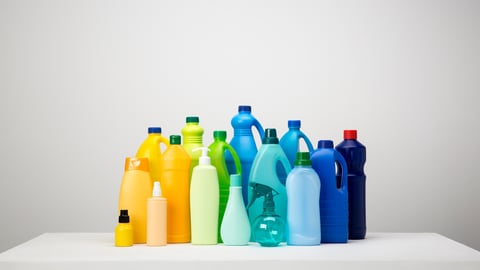Federated Co-op commits to reducing plastic waste
Western Canada’s Federated Co-operatives Limited has become the latest food or grocery business to sign on to The Canada Plastics Pact (CPP), which strives to cut back on the use of plastics and reduce their harm to the environment.
The goal of the CPP is to promote a circular economy for plastics in which plastic “stays in the economy and out of the environment.” To do that, signatories to the CPP—which now includes FCL’s 160 Co-op locations across Western Canada—commit to specific measurable goals by 2025 including:
Steps to eliminate problematic or unnecessary plastic packaging;
- 100% of plastic packaging is designed to be reusable, recyclable or compostable;
- 50% of plastic packaging is effectively recycled or composted; and
- 30% recycled content across all plastic packaging.
“Signing this Pact signals our collective commitment to focus on the sustainability of our communities in our business practices and to do our part as stewards of the environment,” said Pam Skotnitsky, FCL’s vice-president, strategy, in a release. “Reducing our use of plastic packaging materials will help ensure we are doing our part to pass a healthier planet on to future generations.”
FCL said it had been taking steps to reduce plastics use for some time, but signing onto the CPP will help it do more. “Reducing plastic pollution is something we all must take seriously to solve this problem and we can’t do it on our own,” said Skotnitsky.
Only launched in January 2021, the CPP unites Canadian businesses, government and non-government organizations to take action against plastic waste and pollution, and is part of the larger global The Ellen MacArthur Foundation’s Plastics Pact Network.
Launching with 40 founding members, the CPP has more than doubled in size since then and has a large number of food and grocery brands supporting it including General Mills, Danone, Kraft Heinz Canada, Coca-Cola Canada, Nestlé Canada, Maple Leaf, Walmart and Loblaw.
“The retail and consumer goods industry generates one-third of plastic waste,” said Loblaw Companies Ltd. executive chairman Galen Weston when CPP was launched. “That means we should be at least one-third of the solution. We develop, package and sell the products, so it’s in our control. We know more can be done to reduce plastic waste, and that we need progressive policies and systems that keep plastics out of nature.”




